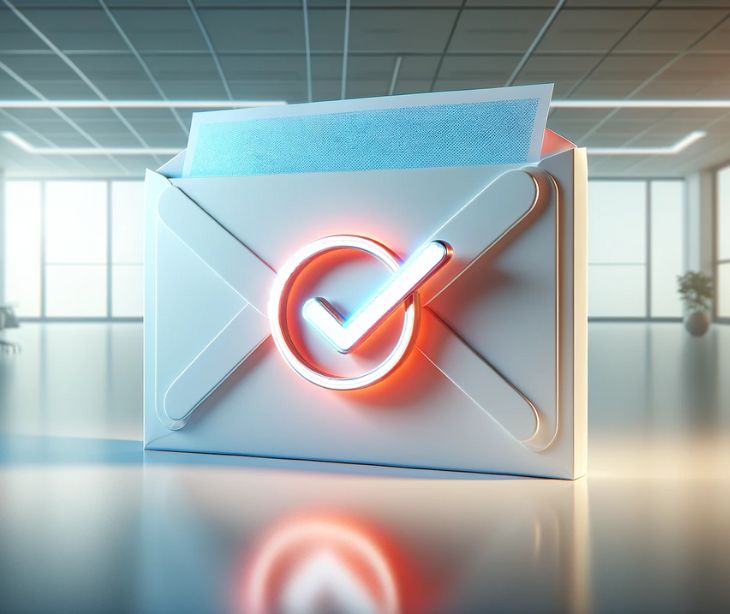
The HIPAA Privacy Rule outlines how protected health information (PHI) should be accessed and disclosed in relation to workers' compensation systems.
HIPAA Privacy Rule and workers' compensation
Workers' compensation insurers, administrative agencies, and employers, though typically not HIPAA-covered entities, may require access to individuals' health data to handle claims and ensure proper care for work-related injuries or illnesses. The Privacy Rule recognizes this necessity, permitting disclosures when mandated by law or authorized by workers' compensation regulations. It also allows individuals to give written consent for the release of their health information. Moreover, the Privacy Rule imposes a "minimum necessary" standard, which means that when PHI is shared, it should be limited to what is reasonable for workers' compensation or payment purposes. However, this standard does not apply when disclosures are required by law or authorized by the individual.
Cases where workers PHI may be shared
- Workers' compensation claims
- Medical treatment
- Billing and payment
- Vocational rehabilitation
- Legal proceedings
- Monitoring and compliance
- Authorization
Disclosures of workers PHI Without Individual Authorization
- As required by workers' compensation laws: Covered entities, such as healthcare providers, can disclose workers' PHI without individual authorization when such disclosures are authorized by and necessary to comply with laws relating to workers' compensation, such as the Federal Employees' Compensation Act (FECA).
- To the extent required by state or other laws: PHI can be disclosed for workers' compensation purposes to the extent that the disclosure is required by state or other applicable laws. The disclosure must comply with and be limited to what these laws specifically mandate.
- For payment purposes: Covered entities can disclose workers' PHI for the purpose of obtaining payment for any healthcare provided to the injured or ill worker. This is often necessary to facilitate the billing and reimbursement process.
Disclosures With Individual Authorization
If the disclosure is not required by law or does not fall under the payment purpose, covered entities should obtain written authorization from the individual before sharing their PHI for workers' compensation-related purposes. This authorization should meet the specific requirements outlined in the HIPAA Privacy Rule at 45 CFR 164.508. Individual authorization provides individuals with control over sharing their health information for these purposes, ensuring that their consent is obtained before their PHI is disclosed.
Disclosure in Legal Proceedings
In the context of workers' compensation, legal proceedings such as lawsuits or administrative hearings arise due to workplace injuries or illnesses. In these cases, covered entities, like healthcare providers, may be required to provide relevant PHI in response to court orders, subpoenas, or other lawful requests. These disclosures are necessary for the legal process, ensuring all parties involved have access to necessary information to address workers' compensation claims or disputes. It should be noted that while the HIPAA Privacy Rule permits such disclosures, covered entities must still take steps to protect individuals' privacy by sharing only the minimum necessary information required by the legal process.
Communicating PHI
Healthcare providers, workers' compensation insurers, and administrative agencies involved in the workers' compensation process must adhere to these compliant communication methods. This ensures that the exchange of information related to injuries, treatments, and claims remains confidential and compliant with HIPAA regulations.
Measures for compliant communication in workers' compensation include using HIPAA compliant email systems with encryption, implementing access controls and audit trails to monitor access to PHI, securing attachments containing sensitive information, and having business associate agreements (BAAs) in place with third-party vendors handling PHI. Training and education are also required for workers' compensation professionals to understand and follow HIPAA guidelines when communicating patient information.
See also: The role of employee education in email security for healthcare organizations
Legislation that applies to workers compensation
Federal Employees' Compensation Act (FECA)
The Federal Employees' Compensation Act (FECA) provides coverage and compensation benefits for federal employees who suffer job-related injuries or occupational diseases. Under FECA, healthcare providers may share an injured employee's PHI with the Office of Workers' Compensation Programs (OWCP), which administers FECA, to facilitate claims processing and ensure that the injured employee receives appropriate medical care, treatment, and compensation. While FECA allows for the necessary disclosure of PHI to support workers' compensation claims, it operates within the broader privacy protections of HIPAA.
State laws
Each state has its own set of workers' compensation laws and regulations that dictate the specific requirements and procedures for workers' compensation claims within that state. These laws vary but typically provide benefits to workers injured on the job.
Methods of preventing protecting employee PHI
The HIPAA Privacy Rule outlines certain restrictions and safeguards to protect the privacy and confidentiality of PHI, and covered entities (such as group health plans) must adhere to these requirements. Here are some strategies to prevent employer access to PHI:
- Authorization requirement
- Limited disclosure
- Separation of functions
- Data security measures
- Secure messaging channels
- Business associate agreement (BAA)
See also: HIPAA and workplace wellness programs
Subscribe to Paubox Weekly
Every Friday we bring you the most important news from Paubox. Our aim is to make you smarter, faster.




